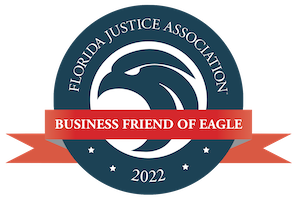Are Traditional Focus Groups Effective?
Traditional focus groups are not always effective for lawyers when they prepare for trial. Some of the issues regarding the focus group panel should include absence of fear, lack of consequences, they’re not physically sitting in the courtroom, they’re being set up for bias, the dynamics of the room, they feel safe among the other panelists who may be a group of peers, they may be giving lip service.
Lawyers know that preparation is key to success in the courtroom and settling their cases. One common tool for trial preparation is the traditional focus group, where a panel of people are brought together to discuss a case and provide feedback. However, while focus groups can be helpful in some cases, they are not always effective for lawyers.
One of the biggest issues with focus groups is that they lack the fear and consequences that come with a real trial. In a focus group, participants may not be as invested or engaged as they would be in a real courtroom setting. Additionally, they are not physically sitting in the courtroom, which can affect their perceptions and reactions.
Another issue with focus groups is that they are often set up for bias. Participants may feel safe among the other panelists, who may be a group of peers or friends, and may be hesitant to voice their true opinions or concerns. This can lead to a skewed view of the case and prevent lawyers from getting the feedback they need to prepare effectively.
The dynamics of the room can also play a role in the effectiveness of focus groups. Participants may feel pressure to conform to the opinions of others in the room, or may feel intimidated by certain individuals. This can lead to a lack of honest feedback and prevent lawyers from getting a true sense of how their case will play out in court.
Finally, participants in focus groups may give lip service, telling lawyers what they want to hear rather than their true thoughts and feelings. This can be particularly problematic when trying to gauge the reactions of a jury or judge, who may not have the same biases or preconceptions as the focus group panelists.
Overall, while traditional focus groups can be a useful tool for lawyers, they are not always effective for case preparation. Legal professionals need to be aware of these challenges and consider alternative methods of preparation to ensure they are fully prepared for the courtroom.
EmotionTrac captures genuine spontaneous reactions. It also tracks the fear of the panelist that they may not be able to articulate verbally in a traditional focus group setting.



